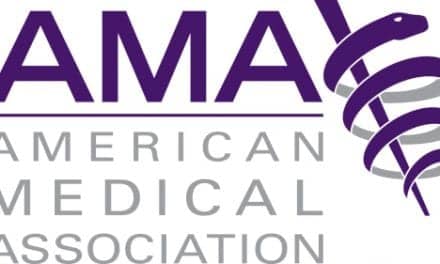Officials from the American Speech-Language-Hearing Association (ASHA) have met with CMS officials to clarify audiologists’ requirements under the Physician Quality Reporting System (PQRS).
The following provisions were finalized:
- The two audiology measures to report in 2013 indicate referral to otologists/ENTs for congenital/traumatic ear deformity and acute/chronic dizziness.
- Reporting will be based on the diagnosis code assigned to the patient and the audiology procedure performed and 50% of the caseload meeting these requirements must be reported in order to receive an incentive payment.
- Reporting on medication documentation in the chart or administering a standardized screening tool for depression can also be used by audiologists to receive incentive payments in 2013 or avoid deductions in 2015.
- To avoid the 1.5% deduction on all Medicare Part B claims in 2015, audiologists must report accurately for 50% of the eligible patients on at least one measure in 2013.
Background: In the proposed Medicare Physician Fee Schedule, CMS recommended the retirement of two audiology measures, sudden hearing loss and ear drainage. In response, ASHA and the Audiology Quality Consortium (AQC) requested that CMS reconsider the retirement of sudden hearing loss and, instead, consider retirement of congenital/traumatic ear deformity. The final determination in the Medicare Fee Schedule was not clear, as tables indicated no measures were retired and text referenced the audiology measures incorrectly. Following the release of the final rule, conversations with CMS officials were also inconsistent. Despite discussions, CMS officials determined that the final rule was legally binding and although the measures were referenced incorrectly, the intent was to keep the recommendations from the proposed rule.
CMS officials also clarified that measure eligibility is based on the ICD-9 code and the CPT code performed by the audiologist and, therefore, if the audiologist did not provide services to a patient with the qualifying ICD-9 code, they were not held accountable for reporting. However, for those cases that do qualify, reporting is expected on at least 50% of the caseload by the individual provider in order to receive the incentive and avoid penalties in 2015 and 2016. Officials also offered that reporting the measure for medication management will ensure that audiologists avoid any deductions in the next couple of years and it is a measure that can be easily added to each visit.
For more information and resources as they are developed, visit the ASHA/AQC website for the Physician Quality Reporting System, or contact Lisa Satterfield, ASHA’s director of health care regulatory advocacy, at [email protected].
SOURCE: American Speech-Language-Hearing Association (ASHA) member alert




